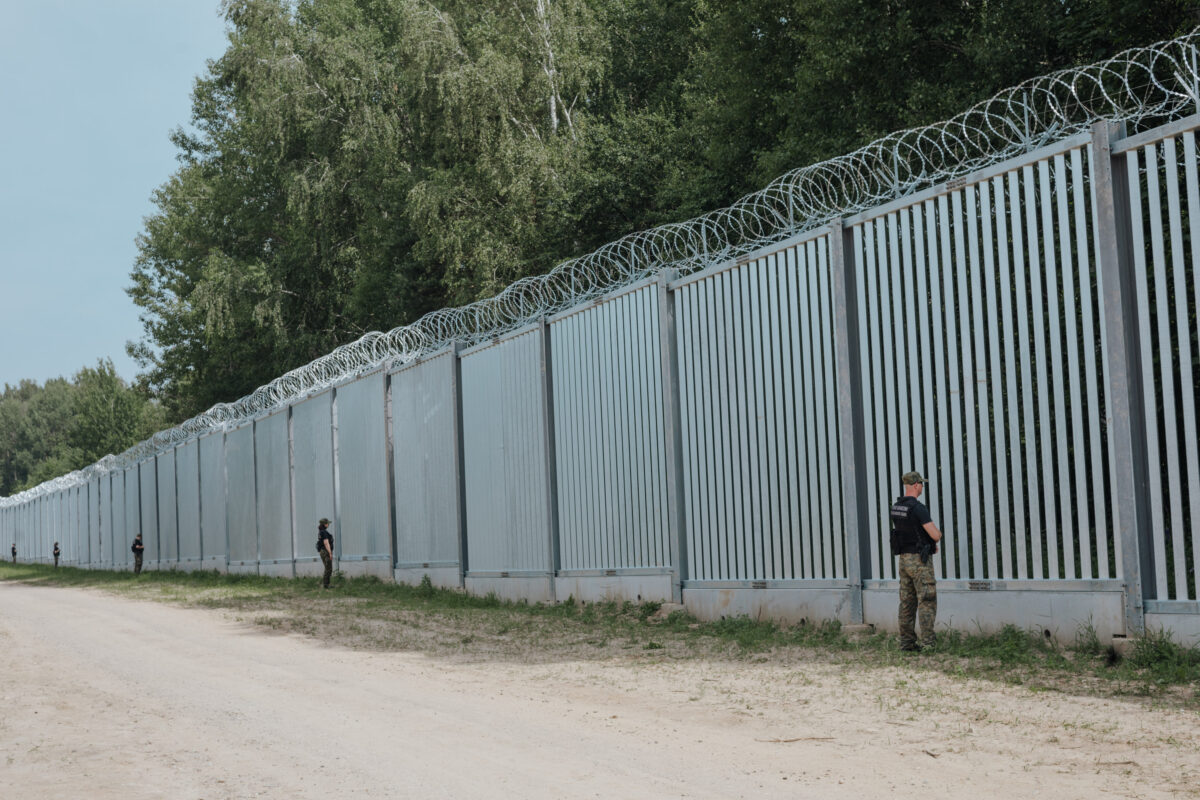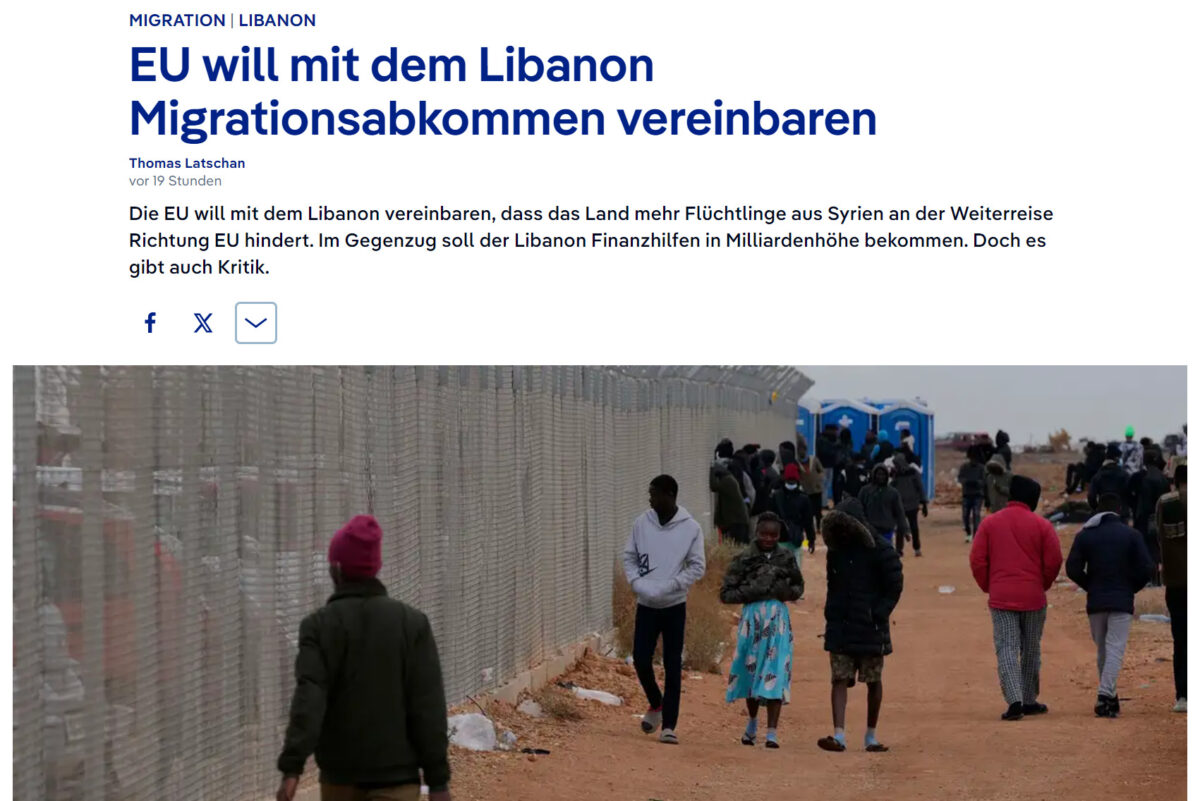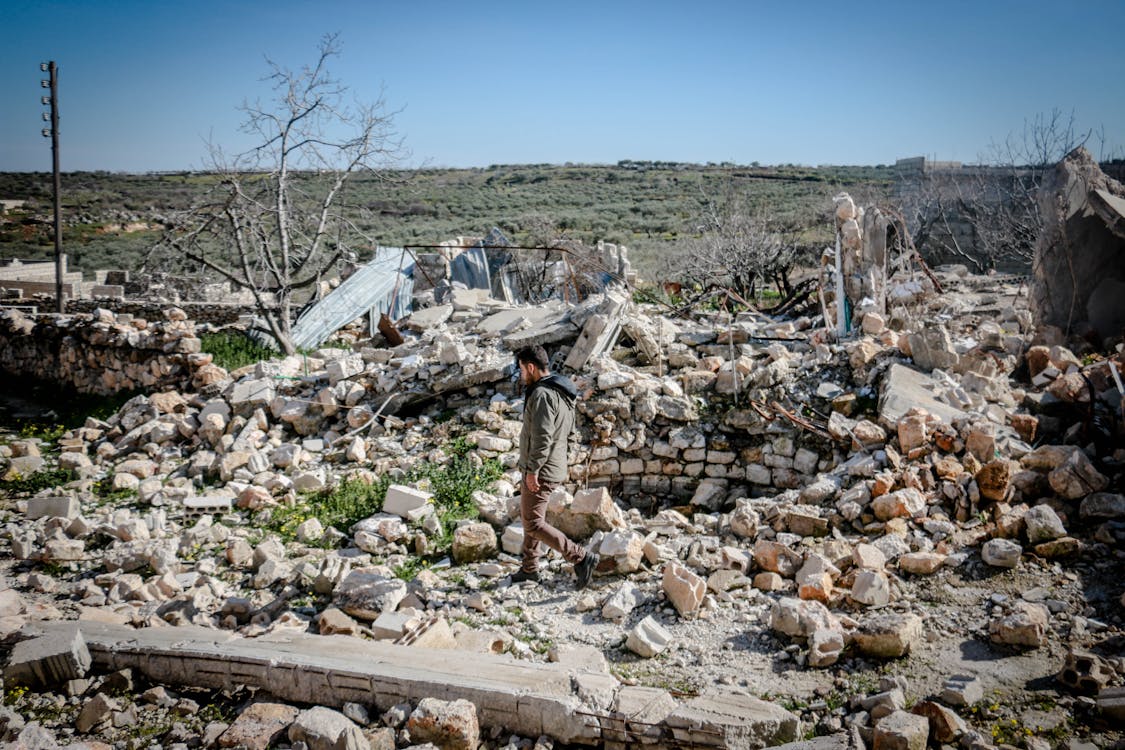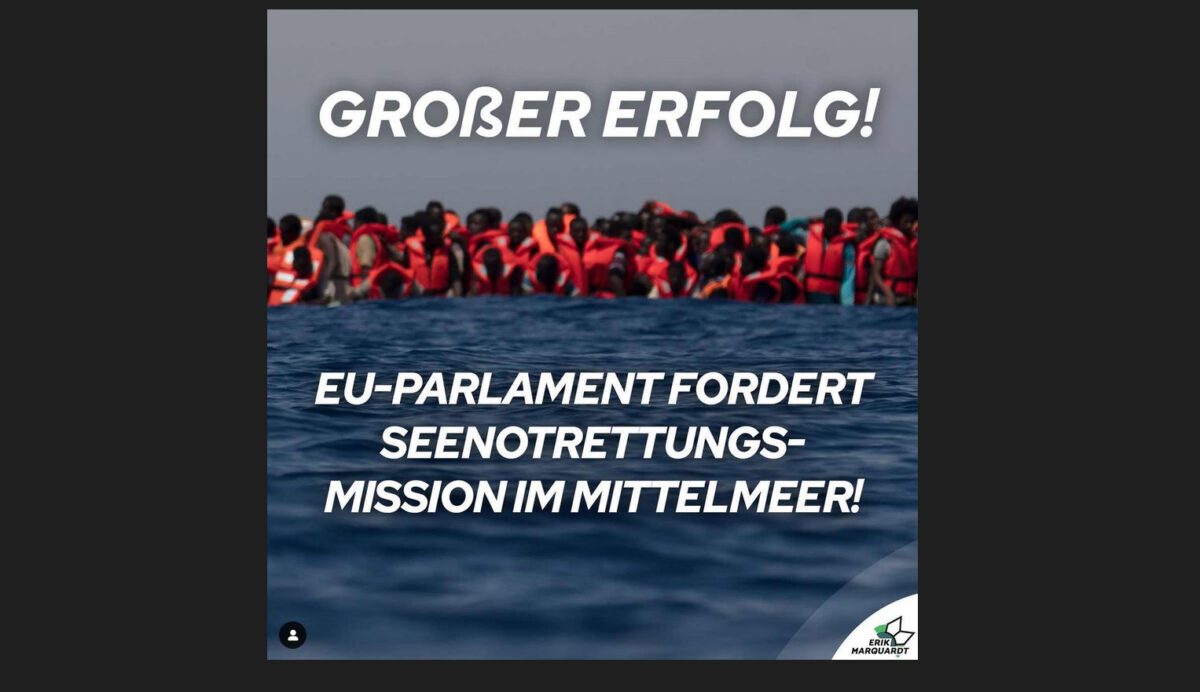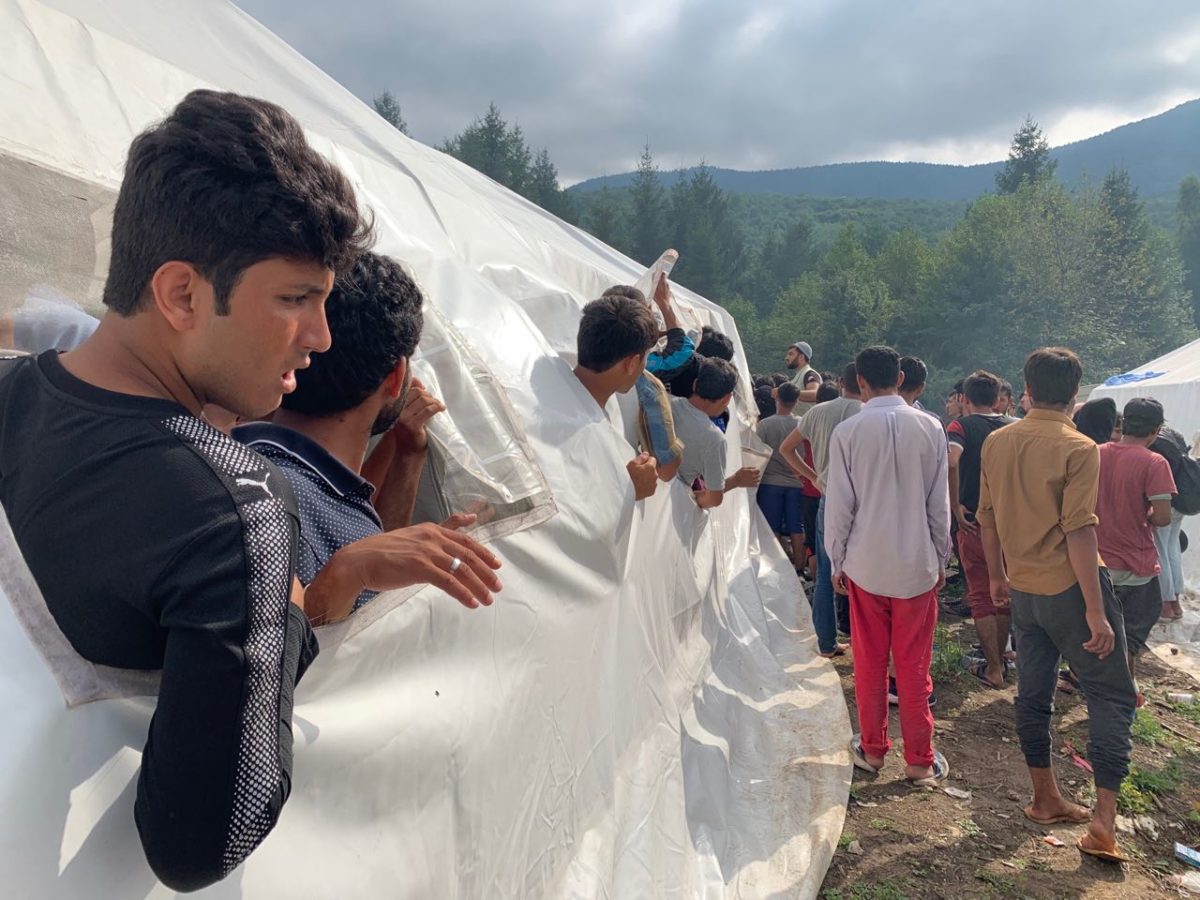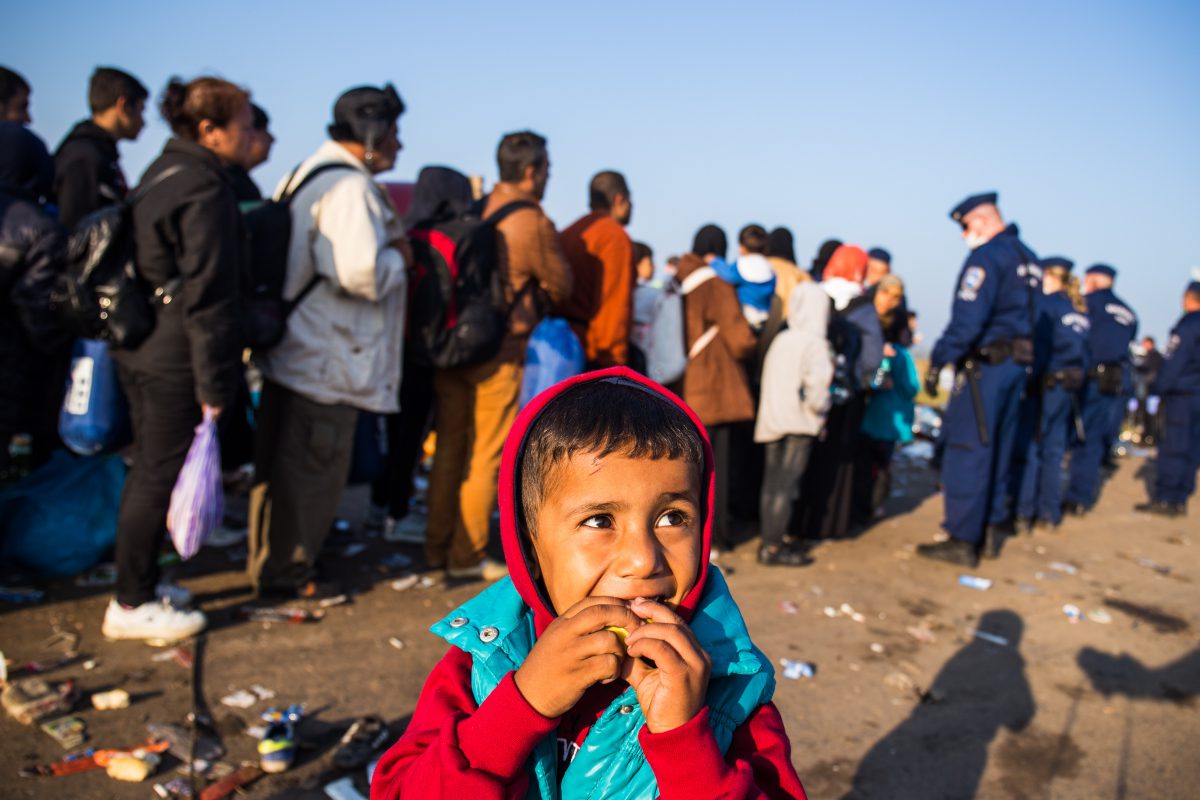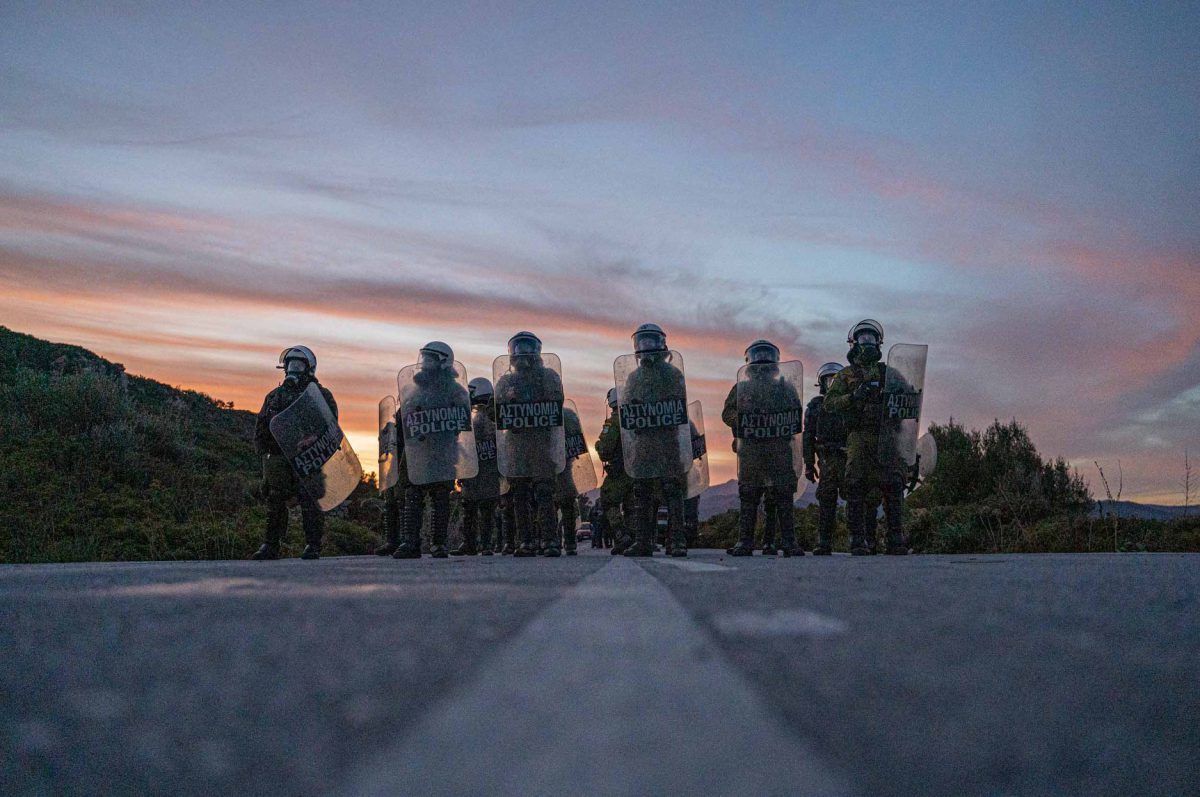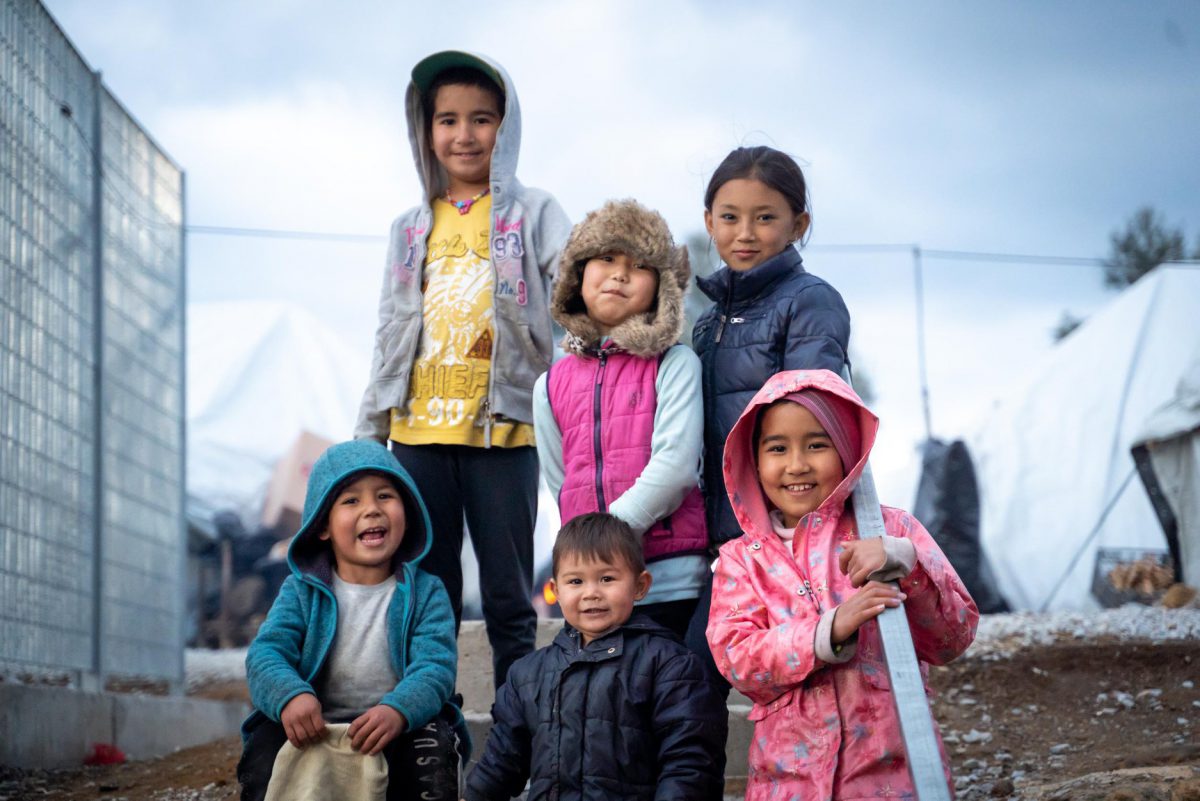Anhaltendes Leid an der EU-Außengrenze Polens
Seit fast drei Jahren befinden sich Schutzsuchende im Wald an der polnisch-belarussischen Grenze in einem Limbo von Pushbacks und Gewalt. Mit dem Machtwechsel in Polen hatten viele gehofft, dass der neue Ministerpräsident Donald Tusk die menschenunwürdige Behandlung von Asylsuchenden im Grenzwald zu Belarus beenden wird. Stattdessen fordert er nun eine Stärkung des Grenzzauns, der zum Teil mit EU-Geldern finanziert werden soll, und schürt die Angst vor Belarus und den Schutzsuchenden, die zwischen den beiden Ländern festsitzen. Tusk will nun über zwei Milliarden € in die Sicherung der östlichen Landesgrenze stecken und sagt offen, dass es sich um ein „Element der Abschreckung“ handele.
2021: Eine neue Fluchtroute nach Europa
Die neue Route entstand auch, weil der belarussische Machthaber Lukaschenko als Reaktion auf EU-Sanktionen im August 2021 damit angefangen hat, Menschen aus Syrien, dem Irak, Afghanistan und anderen Ländern nach Belarus einreisen zu lassen, damit sie an die EU-Außengrenze kommen. Lukaschenko hat die leidenden Menschen missbraucht, um Druck auf die EU auszuüben. Polen wirft Belarus eine “Instrumentalisierung” der Schutzsuchenden vor und erklärt die Geflüchteten zur Waffe eines “hybriden Krieges”. Damit rechtfertigt die Regierung in Warschau die anhaltende Militarisierung der Grenze und die menschenrechtswidrigen Pushbacks, die dort stattfinden. In diesem Zusammenhang wurde auch eine militärische Sperrzone errichtet, in der die Schutzsuchenden festsitzen und in der jede Hilfe von außen, egal ob von NGOs oder lokalen Anwohner:innen, verhindert oder kriminalisiert wird.
Nach wie vor viele Ankünfte
Auch wenn es weniger sind als 2021, fliehen bis heute Schutzsuchende über Belarus nach Polen. Lokale Aktivist:innen von Grupa Granica helfen vor Ort und dokumentieren Menschenrechtsverletzungen. Bei einem Treffen diese Woche haben sie berichtet, dass jetzt vor allem im Frühjahr und Sommer die meisten Menschen versuchen, die Grenze im Białowieża-Wald zu überqueren. Der ist auch durch seine vielen Sümpfe und Moore gefährlich; im Winter wird es außerdem so kalt, dass viele Menschen erfrorene Gliedmaßen aufweisen oder gänzlich erfrieren.
Seit Beginn der Krise sind mindestens 60 Menschen gestorben. Die Zivilgesellschaft geht allerdings von einer deutlich höheren Dunkelziffer aus. Allein im Zeitraum von Dezember 2023 bis April 2024 hat allein die Grupa Granica mehr als 1.700 illegale Pushbacks, fünf Tote und 25 vermisste Menschen dokumentiert. Es wurde auch ein Kind von einer Mutter geboren, die versucht hat, aus Eritrea in die EU zu flüchten.
Pushbacks sind die Realität
Viele dieser Menschen äußern an der Grenze den Wunsch nach Asyl, wonach ihnen nach europäischem und internationalem Recht ein rechtsstaatliches Asylverfahren zusteht, in dem ihr Schutzanspruch geprüft wird. In der Realität berichten die meisten stattdessen davon, dass sie gewaltsam zurückgewiesen werden, manche Betroffene bereits mehrfach. Dabei werden von Behörden auf beiden Seiten oft mutwillig Handys zerstört und Tränengas, Schlagstöcke und sogar Gewehre eingesetzt – auch gegenüber Kindern und Jugendlichen. Im Herbst 2023 hat ein heute 23-jähriger syrischer Schutzsuchender mit seinen Freunden versucht, von Belarus nach Polen zu fliehen. Ihm wurde dabei von einem polnischen Grenzschutzbeamten in den Rücken geschossen, “versehentlich”.
Neue Regierung, alte Taktiken?
Mit dem Regierungswechsel in Polen haben einige auch auf eine menschlichere Migrationspolitik an der Grenze zu Belarus gehofft, vor allem weil Donald Tusk ja eine Rückkehr zur Rechtsstaatlichkeit in Polen eingeleitet hat. Leider gilt diese Rückkehr zur Rechtsstaatlichkeit offensichtlich nicht für Schutzsuchende. Stattdessen hat Tusk diese Woche die Grenzregion zwischen Polen und Belarus besucht und eine Verstärkung des 2022 gebauten Grenzzauns versprochen. Der ist bereits jetzt 180 Kilometer lang und 5,5 Meter hoch, mit Stacheldraht verstärkt und elektronisch überwacht. Vor der anstehenden Europawahl bleibt Polen trotz neuer Regierung also bei einer restriktiven Migrationspolitik, ausgetragen auf dem Rücken von schutzsuchenden Menschen im Wald zu Belarus.
Ein Blick in die Zukunft
Hinzu kommt die endgültige Verabschiedung der sogenannten GEAS-Reform (mehr dazu hier auf meiner Website), in der zum Beispiel die Krisenverordnung Asylrechtsverschärfungen im Falle einer “Instrumentalisierung” ermöglicht. Beispielsweise können Grenzverfahren ausgeweitet oder Registrierungsfristen verlängert werden. Asylsuchende können in solchen Fällen unabhängig von der Schutzbedürftigkeit über viele Monate an den Außengrenzen inhaftiert werden. Viele Regeln des neuen GEAS bieten den Behörden der Mitgliedstaaten mehr Spielraum, undokumentiert gegen das EU-Recht zu verstoßen. So können längere Registrierungsfristen etwa dazu beitragen, dass Personen noch Wochen nach der Ankunft gepushbacked werden, ohne dass ihre Einreise jemals dokumentiert werden musste. Auch wenn sich erst zeigen muss, wie diese Verordnung in der Praxis umgesetzt wird, laufen wir damit Gefahr, das Asylrecht weiter zu schwächen und anderen Mitgliedstaaten eine noch bessere Grundlage für Menschenrechtsverletzungen an unseren Außengrenzen zu liefern.
